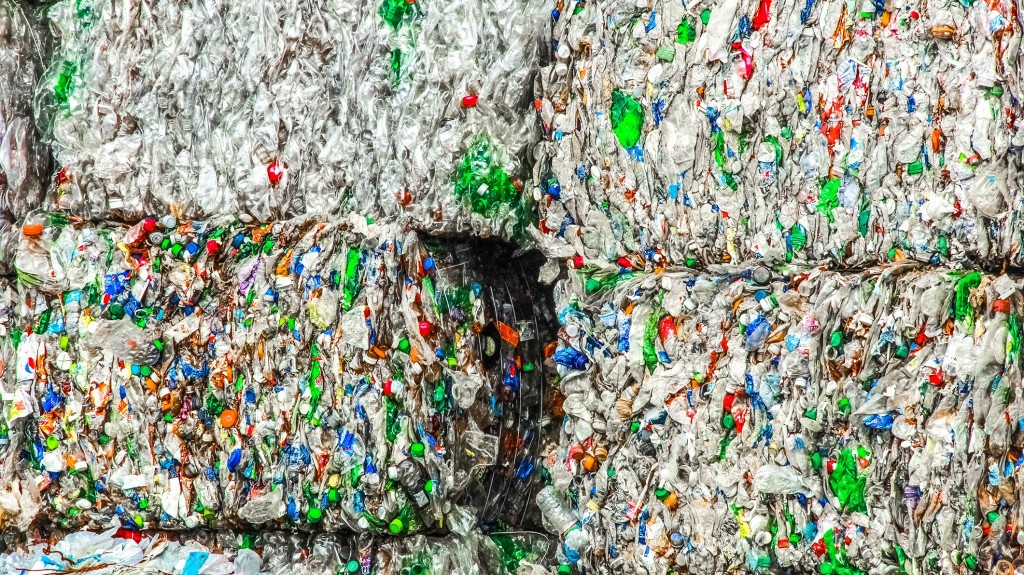CPP’s nine Golden Design Rules for Plastic Packaging supported by Canadian retailers
Canada Plastics Pact to lead consultation and implementation of new packaging initiative nationally

21 Canadian retail and consumer packaged goods companies are taking leadership by supporting the Golden Design Rules for Plastic Packaging released by the Consumer Goods Forum (CGF) Coalition of Action on Plastic Waste.
The nine Golden Design Rules provide a clear framework that aims to drive innovation and scalable actions that will result in less plastic packaging overall and easier to recycle plastic packaging by 2025. In Canada, the consultation and implementation of the Golden Design Rules nationally is being led by the Canada Plastics Pact (CPP).
In Canada, most plastics currently end up in landfill or in the environment, because of many complex factors. Citizens have been asking for companies to reduce plastic waste and move towards a circular economy in which nothing is wasted. The Golden Design Rules are one important response by changing how packaging is designed in the first place.
The Golden Design Rules advance systemic change that aims to eliminate plastic packaging waste by keeping it in the economy and out of the environment.
The Golden Design Rules are voluntary, independent and time-bound commitments that outline specific design changes, aligned with globally recognized technical guidelines. Companies are each independently choosing to commit to individual rules based on which are most relevant to their packaging portfolios.
The objectives of the Golden Design Rules are to eliminate unnecessary or challenging-to-recycle packaging, increase the recycling value for both packaging that is currently recycled at scale as well as packaging types that will be recycled at scale in the future, improve environmental performance of business-to-business packaging and improve consumer communications.
The newly released rules include reducing the use of plastic overwraps like those used in multipacks, eliminating air space in flexible plastic packaging like snack bags, and improving recyclability by using single-material plastics.
The Canada Plastics Pact is engaging companies, experts and stakeholders across the plastics value chain to develop a set of voluntary guidelines that are aligned with the Golden Design Rules globally and tailored to Canada. In addition, the CPP and Partners will collaboratively develop a framework for companies to independently determine whether to commit to the Golden Design Rules, provide guidance, support, learning materials, and programming for implementing them, and create reporting mechanisms to track progress.
The Canadian companies who are already in support of or committing to the Golden Design Rules based on their packaging portfolios include: Amcor, Canadian Tire, The Coca-Cola Company, Colgate Palmolive, Henkel Canada Corporation, HypoIndustries Ltd, Ice River Sustainable Solutions, Johnson & Johnson Inc., Kraft Heinz Canada, Loblaw Companies Limited, Mars Canada, McCain Foods, Metro Inc., Mondelēz Canada, Nestle Canada, PepsiCo Canada, P&G Canada, Save-On-Foods, SC Johnson, Unilever Canada, and Walmart Canada.
In addition, the following organizations that are partners in the Canada Plastics Pact have indicated their support for the Golden Design Rules, and will contribute to their implementation through the CPP: Alberta Beverage Container Recycling Corporation, Canadian Beverage Container Recycling Association, Canadian Bottled Water Associations, Canadian Produce Marketing Association, Circular Innovation Council, City of Edmonton, GS1 Canada, The National Zero Waste Council, PAC Packaging Consortium, Recycling Council of Alberta, Retail Council of Canada, and Return-It.



